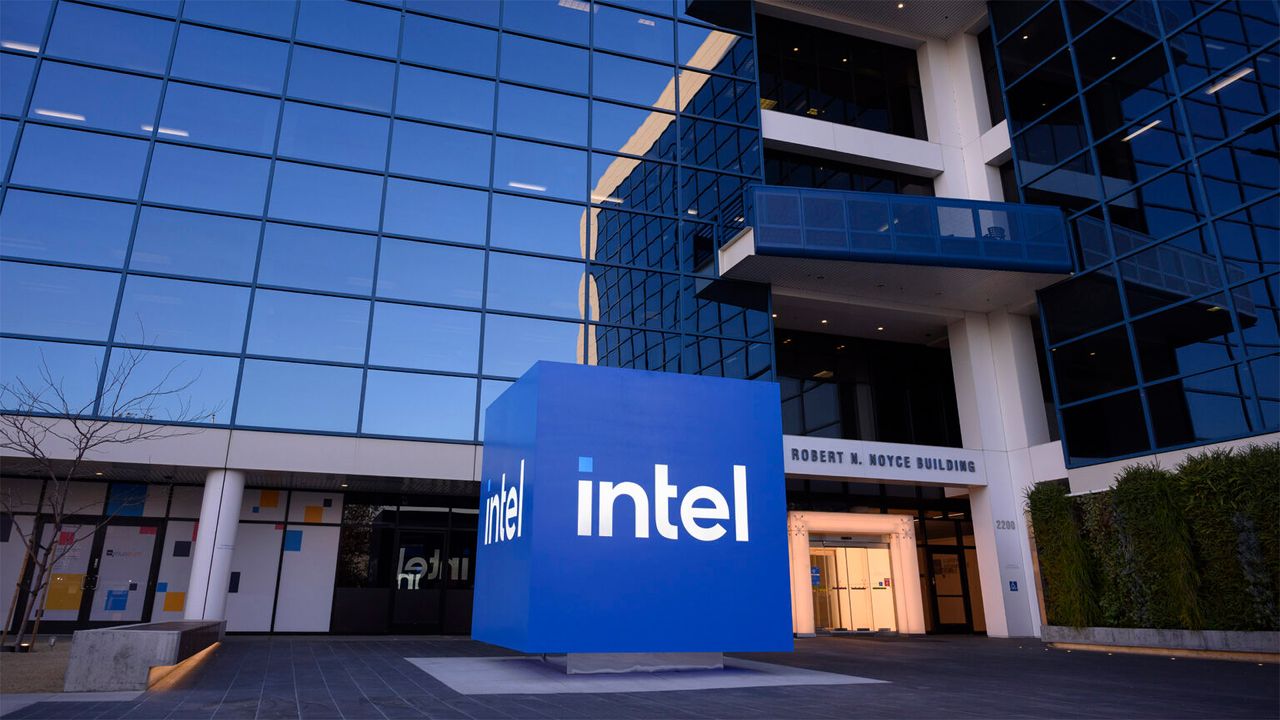
google is getting ready to hack back — Google is reportedly planning to form a "disruption unit" that will target foreign hackers..
Google is reportedly planning to form a “disruption unit” that will target foreign hackers.
google is getting ready to hack back
Introduction to Google’s New Initiative
google is getting ready to hack back: key context and updates inside.
In an evolving landscape of cybersecurity threats, Google is taking a proactive stance by establishing a specialized “disruption unit.” This initiative aims to counteract foreign hacking operations that have increasingly become a significant concern for both private and public sectors. The announcement comes amid broader discussions in the United States regarding a shift in cyber defense strategies, moving from a primarily defensive posture to one that may include offensive measures against cybercriminals.
The Context of Cybersecurity Threats
The rise of cybercrime has been alarming, with various entities, including nation-states and organized crime groups, exploiting vulnerabilities in digital infrastructures. According to a report by Cybersecurity Ventures, global cybercrime costs are projected to reach $10.5 trillion annually by 2025. This staggering figure underscores the urgency for organizations and governments to adopt more aggressive tactics in combating these threats.
In recent years, high-profile cyberattacks have targeted critical infrastructure, financial institutions, and even healthcare systems. These incidents have not only caused financial losses but have also eroded public trust in digital systems. As a result, the need for a robust response mechanism has never been more pressing.
Details of Google’s Disruption Unit
Google’s proposed disruption unit is designed to identify and neutralize foreign hacking threats before they can inflict damage. While specific operational details remain under wraps, the unit is expected to employ a combination of advanced technologies and strategic partnerships to achieve its objectives.
Key components of the disruption unit may include:
- Threat Intelligence Gathering: Utilizing machine learning and artificial intelligence to analyze patterns and predict potential attacks.
- Collaboration with Law Enforcement: Working closely with governmental agencies to share intelligence and coordinate responses to cyber threats.
- Public Awareness Campaigns: Educating users about potential threats and best practices for cybersecurity.
Implications for Cybersecurity Policy
The establishment of this unit comes at a time when the U.S. government is contemplating a more aggressive stance on cyber warfare. The proposed “Scam Farms” bill aims to provide legal frameworks for retaliatory hacking actions against foreign entities that engage in cybercrime. This legislative move signifies a potential paradigm shift in how the U.S. approaches cybersecurity, transitioning from a defensive strategy to one that could involve offensive operations.
Experts suggest that such a shift could have significant implications for international relations. Engaging in offensive cyber operations may lead to escalations in cyber warfare, raising ethical and legal questions about state-sponsored hacking. The balance between protecting national interests and adhering to international laws will be a critical consideration for policymakers.
Stakeholder Reactions
The announcement of Google’s disruption unit and the proposed Scam Farms bill has elicited a range of reactions from various stakeholders, including cybersecurity experts, government officials, and civil liberties advocates.
Cybersecurity Experts
Many cybersecurity professionals have welcomed the initiative, viewing it as a necessary step to combat the growing threat of cybercrime. “The scale and sophistication of cyberattacks are increasing, and traditional defensive measures are no longer sufficient,” said Dr. Jane Smith, a cybersecurity analyst. “A proactive approach is essential to deter these threats.” However, some experts caution that offensive measures must be carefully calibrated to avoid unintended consequences.
Government Officials
Government officials have expressed cautious optimism about the proposed changes. “We must adapt our strategies to meet the evolving nature of cyber threats,” stated Senator John Doe. “The collaboration between private companies like Google and government agencies could enhance our overall cybersecurity posture.” Nonetheless, there are concerns regarding the potential for overreach and the implications of allowing private entities to engage in offensive cyber operations.
Civil Liberties Advocates
On the other hand, civil liberties advocates have raised alarms about the potential for abuse. “While the intention to combat cybercrime is commendable, we must ensure that these actions do not infringe upon individual rights and freedoms,” warned Emily Johnson, a representative from the Electronic Frontier Foundation. The balance between security and privacy will be a contentious issue as these initiatives move forward.
The Role of Technology in Cyber Defense
As Google prepares to launch its disruption unit, the role of technology in enhancing cybersecurity cannot be overstated. The integration of artificial intelligence and machine learning into cybersecurity strategies is becoming increasingly common. These technologies can analyze vast amounts of data to identify anomalies and potential threats in real-time.
Moreover, automation can streamline incident response processes, allowing organizations to react more swiftly to cyber threats. However, reliance on technology also raises concerns about vulnerabilities in the systems themselves. Cybercriminals are continually evolving their tactics, and the arms race between attackers and defenders is ongoing.
Future of Cybersecurity Strategies
The establishment of Google’s disruption unit and the potential for more aggressive U.S. cybersecurity policies signal a transformative period in the field. As organizations and governments grapple with the complexities of cyber threats, several key trends are likely to shape the future of cybersecurity strategies:
- Increased Collaboration: The need for collaboration between private companies, government agencies, and international partners will be paramount. Sharing intelligence and resources can enhance collective defenses against cyber threats.
- Legal and Ethical Frameworks: As offensive cyber operations become more prevalent, establishing clear legal and ethical guidelines will be essential to prevent misuse and protect civil liberties.
- Public Engagement: Educating the public about cybersecurity risks and best practices will be crucial in building a more resilient digital society.
Conclusion
Google’s initiative to form a disruption unit reflects a significant shift in the approach to cybersecurity, emphasizing the need for proactive measures against foreign hackers. As the U.S. government considers legislative changes that may allow for offensive cyber operations, the implications for international relations, individual rights, and the future of cybersecurity strategies are profound. Stakeholders from various sectors will need to engage in ongoing discussions to navigate the complexities of this evolving landscape.
Source: Original report
Related: More technology coverage
Further reading: related insights.
Further reading: related insights.
Further reading: related insights.
Was this helpful?
Last Modified: August 29, 2025 at 5:10 am
5 views















